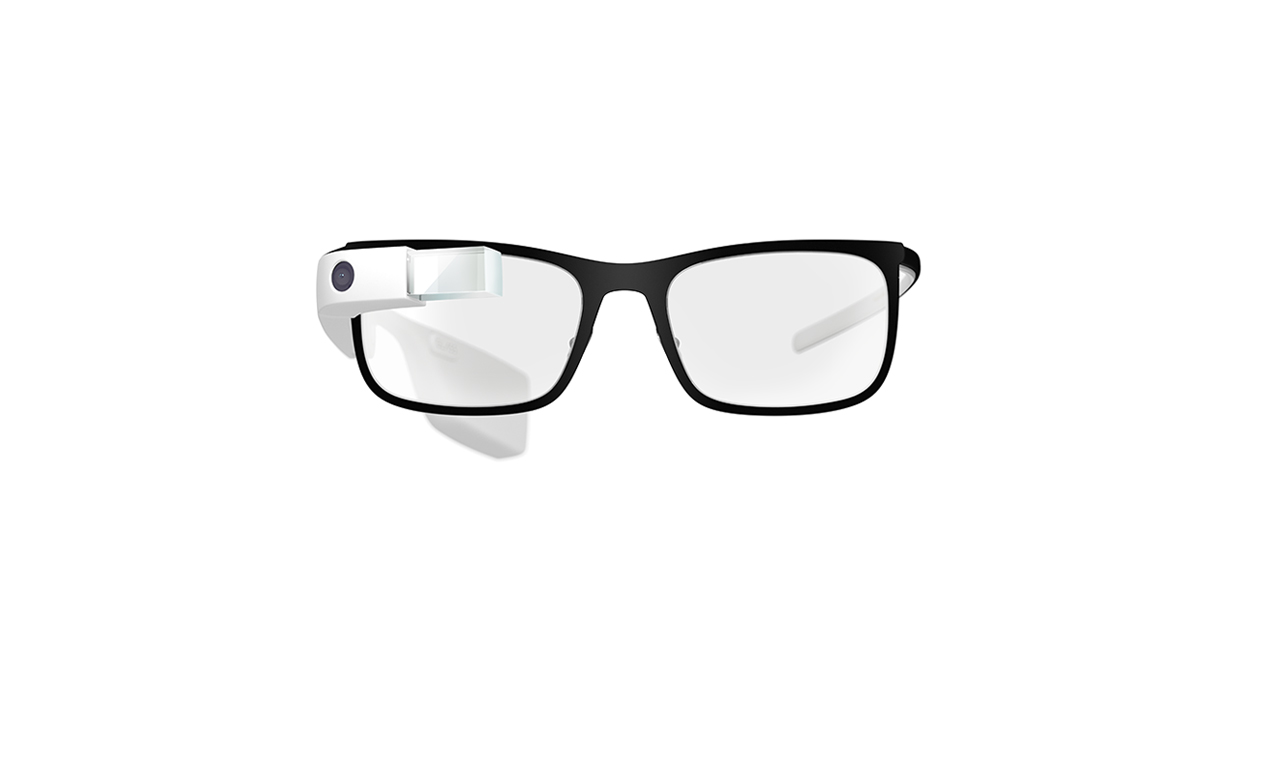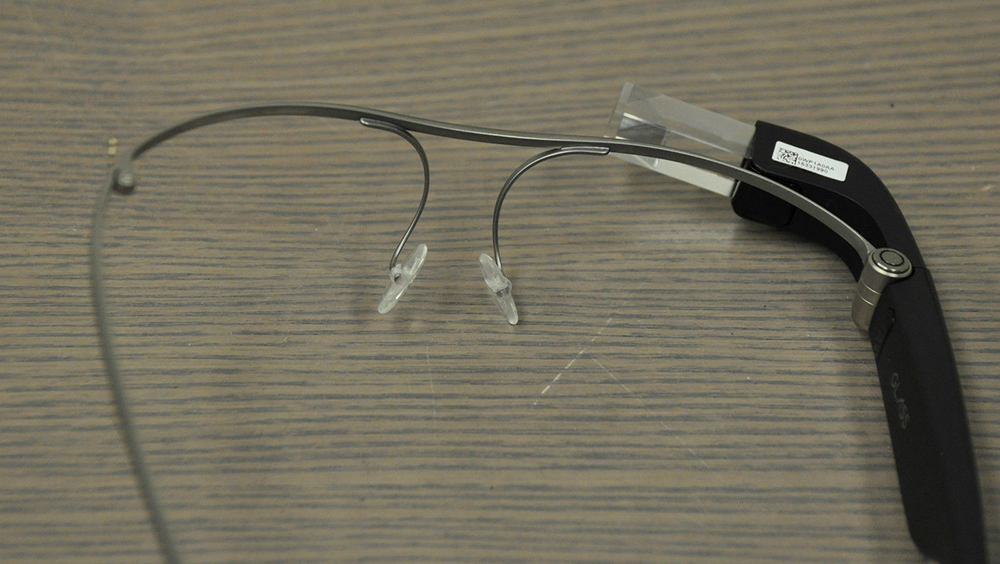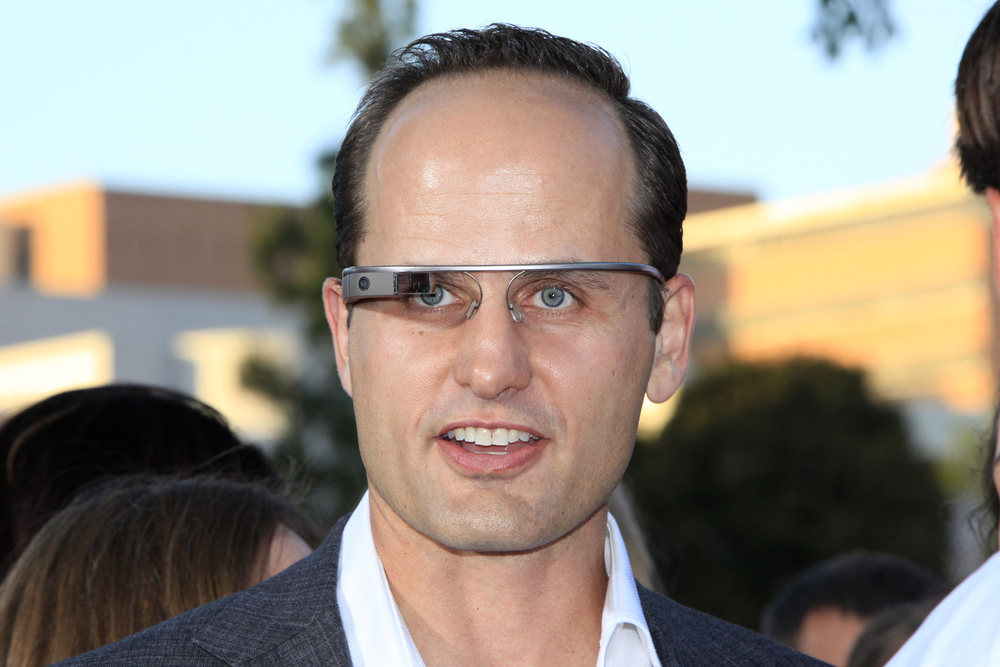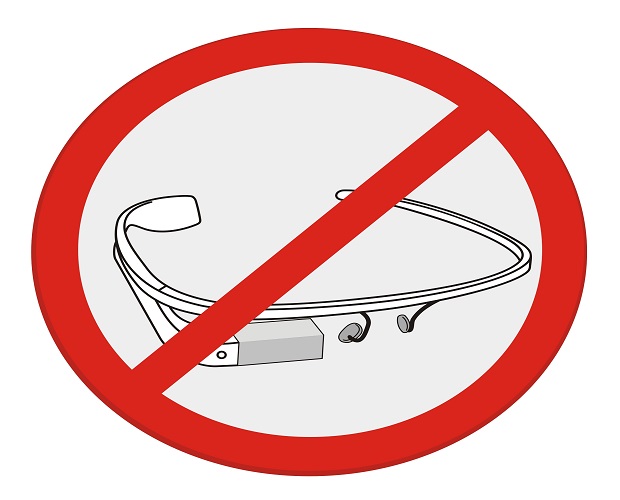Google Glass must be built with privacy in mind, warns ICO
Data protection watchdog said it's Google's responsibility to ensure augmented reality glasses comply with privacy laws.

Google must ensure its augmented reality glasses are built with user privacy in mind to avoid incurring the wrath of the Information Commissioner's Office.
The search giant has been testing its Google Glass, which will allow users to take hands-free recordings and pictures, for some time now.
Pressure has been growing on Google in recent days to release details about how the wearable technology product's features will square with compliance and data protection laws.
We do not want another Street View, we do not want another Google privacy policy.
Earlier this week, several members of the Article 29 Working Party wrote to Google CEO Larry Page seeking further clarification on this matter, citing fears that individuals could be subjected to "ubiquitous surveillance" by the technology's users.
As well as the Article 29 Working Party, which represents the interests of EU data protection authorities, the letter was also signed by the Canadian and Australian privacy commissioners.
"You may recall, data protection authorities have long emphasised the need for organisations to build privacy into the development of products and services before they are launched," the letter states.
"Many of us have also encouraged organisations to consult in a meaningful way with our respective offices."
Get the ITPro daily newsletter
Sign up today and you will receive a free copy of our Future Focus 2025 report - the leading guidance on AI, cybersecurity and other IT challenges as per 700+ senior executives
During an event in central London today, to announce the launch of the ICO's Annual Report, the Commissioner Christopher Graham raised doubts about the feasibility of getting products like Google Glass vetted pre-launch.
"I don't think you should have to get sign off from the ICO's office as a data controller to introduce a new product," he said.
"I think you should simple have to take responsibility to abide by the law and it's at your own risk [if you get it wrong]."
Few data protection bodies will have the resources available to do this, he reasoned, and companies should be taking a privacy-first approach to new products.
"We do not want another Street View, we do not want another Google privacy policy [with Google Glass]," he said.
"Can we be assured that [they're working to the] principle...[of]privacy by design and that's the risk."
In a statement to IT Pro, a Google representative said user input will play an important role in the development of Google Glass.
"We are thinking very carefully about how we design Glass because new technology always raises new issues," the statement read.
"Our Glass Explorer program, which reaches people from all walks of life, will ensure that our users become active participants in shaping the future of this technology."
-
 Cleo attack victim list grows as Hertz confirms customer data stolen
Cleo attack victim list grows as Hertz confirms customer data stolenNews Hertz has confirmed it suffered a data breach as a result of the Cleo zero-day vulnerability in late 2024, with the car rental giant warning that customer data was stolen.
By Ross Kelly
-
 Lateral moves in tech: Why leaders should support employee mobility
Lateral moves in tech: Why leaders should support employee mobilityIn-depth Encouraging staff to switch roles can have long-term benefits for skills in the tech sector
By Keri Allan
-
 Google Glass Enterprise Edition targets key business verticals
Google Glass Enterprise Edition targets key business verticalsNews Google brings wearable back from the dead with business-focused successor
By Adam Shepherd
-
 Does a Google Glass firmware update signal a comeback?
Does a Google Glass firmware update signal a comeback?News Google's ill-fated wearable could be set to return
By Adam Shepherd
-
 Google Glass enterprise edition goes up for sale on eBay
Google Glass enterprise edition goes up for sale on eBayNews Unreleased headset selling for over $7,000
By Adam Shepherd
-
 Is Google Glass set to make a workplace comeback?
Is Google Glass set to make a workplace comeback?News A new business version of the smart specs will be released in 2016, it is claimed
By Caroline Preece
-
 Google could be planning to expand Google Glass family
Google could be planning to expand Google Glass familyRumours One Google Glass wasn’t enough, with the company reportedly planning to develop an entire product range
By Caroline Preece
-
 Is Google Glass dead?
Is Google Glass dead?News Despite Google ending its Explorer programme, the smart glasses are still in development
By Clare Hopping
-
 Virgin Atlantic trials Sony SmartWear to boost communication
Virgin Atlantic trials Sony SmartWear to boost communicationNews Heathrow-based engineers will get updates on the SmartWatch and take pictures with the SmartEyeglass
By Clare Hopping
-
 Google Glass sales to stop, with device set for design overhaul
Google Glass sales to stop, with device set for design overhaulNews Google Glass is being withdrawn from sale, as reports of redesign “from scratch” surface
By Caroline Donnelly